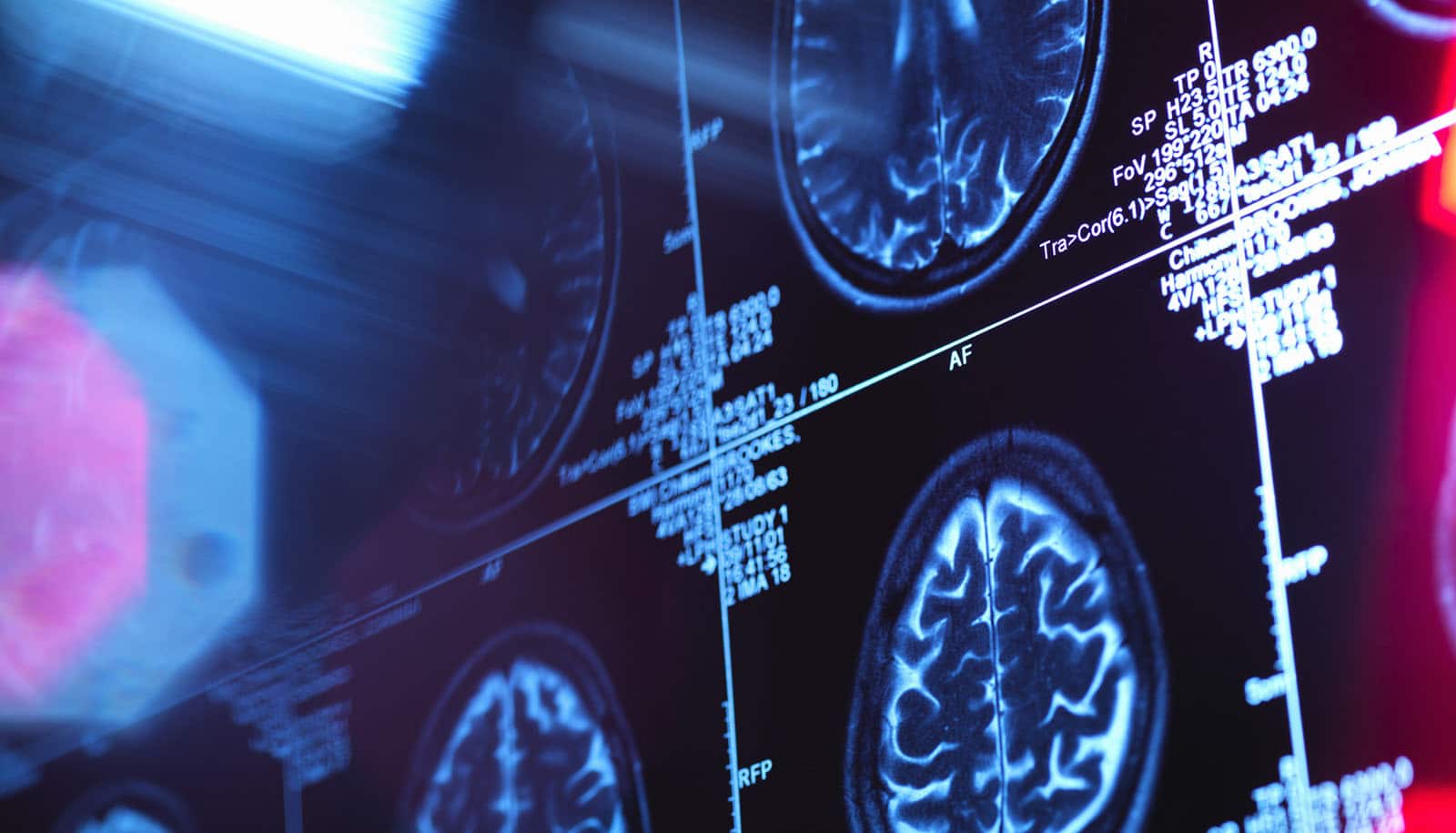New findings indicate that epigenetic changes contribute to incurable brain tumors called gliomas.
Researchers are trying to unlock the mysteries of how gliomas originate from normal cells. The study in the journal Cell centers on epigenetic rather than genetic changes that drive normal cells to form tumors. The work reveals the precise genes that are regulated epigenetically and lead to cancer.
We often view cancer as a disease caused by changes in our genes, and so our DNA. Epigenetics is the study of how behavior, environment, or metabolic changes can cause alterations to the way genes work. Unlike genetic changes, epigenetic changes do not change the DNA, and they can be reversed.
“We used tumor samples and mouse modeling to discover and functionally demonstrate the role of epigenetic alterations in gliomas,” says Gilbert J. Rahme, first author and assistant professor in the department of pharmacological sciences at Stony Brook University’s Renaissance School of Medicine. “By doing this, we discovered genes regulated epigenetically in gliomas, including potent tumor suppressor genes and oncogenes, that drive the tumor growth.”
In the paper, the research team shows in the model that epigenetic alterations of tumor suppressor and oncogenes collaborate together to drive the genesis of this brain tumor.
Rahme says the next step is to test whether therapies that can reverse the epigenetic changes observed in brain tumors can be helpful as a treatment.
Source: Stony Brook University


